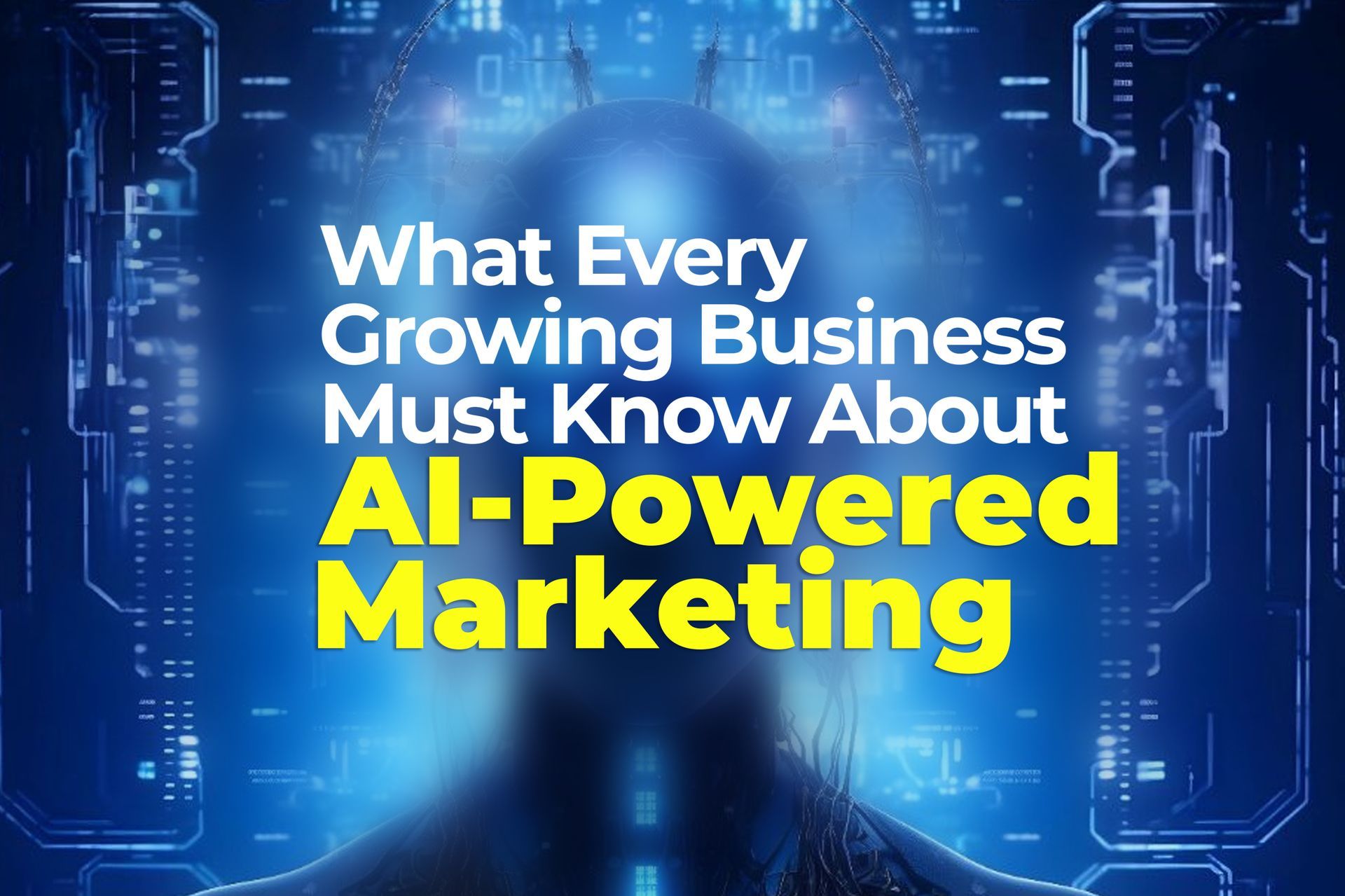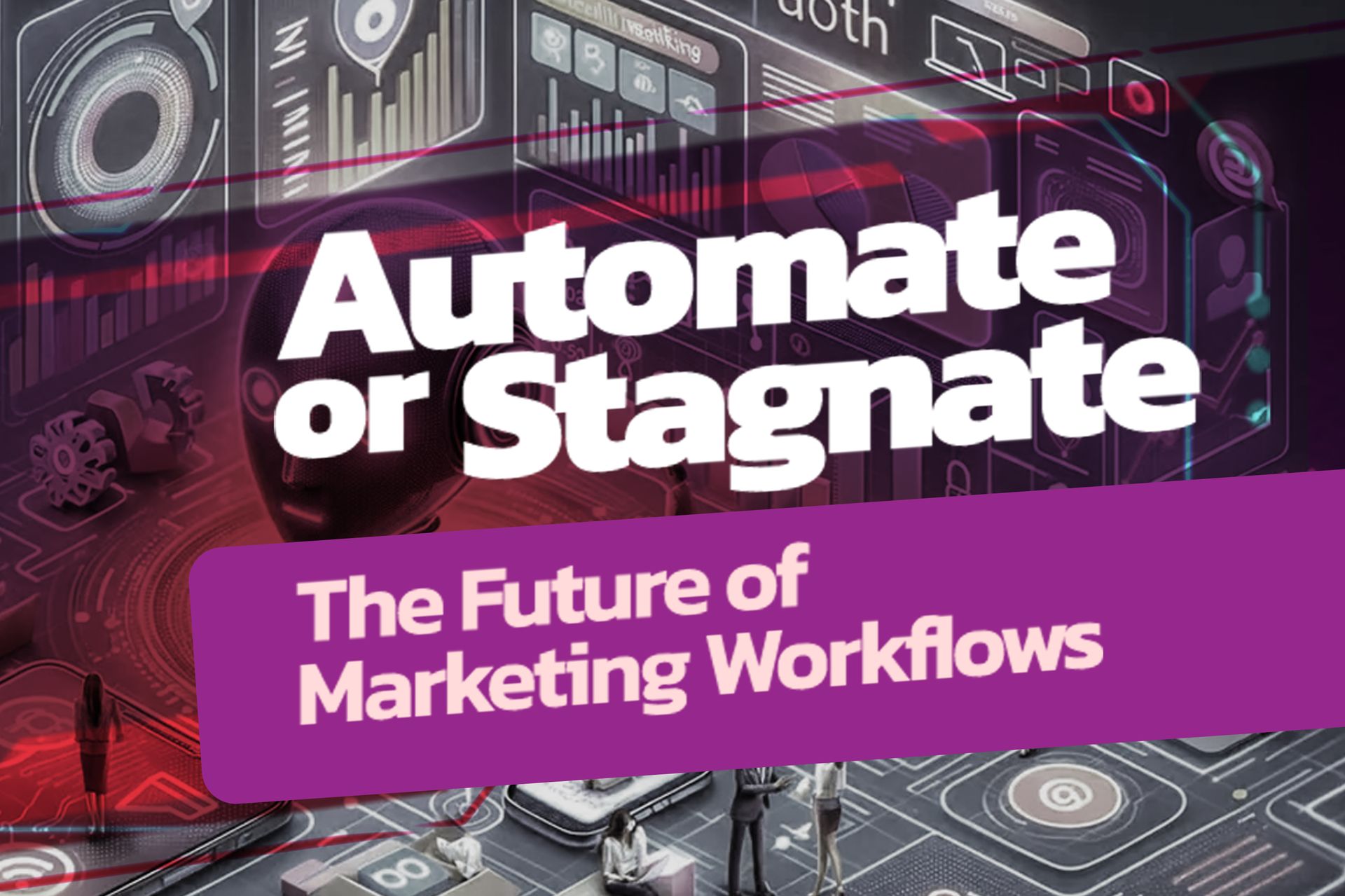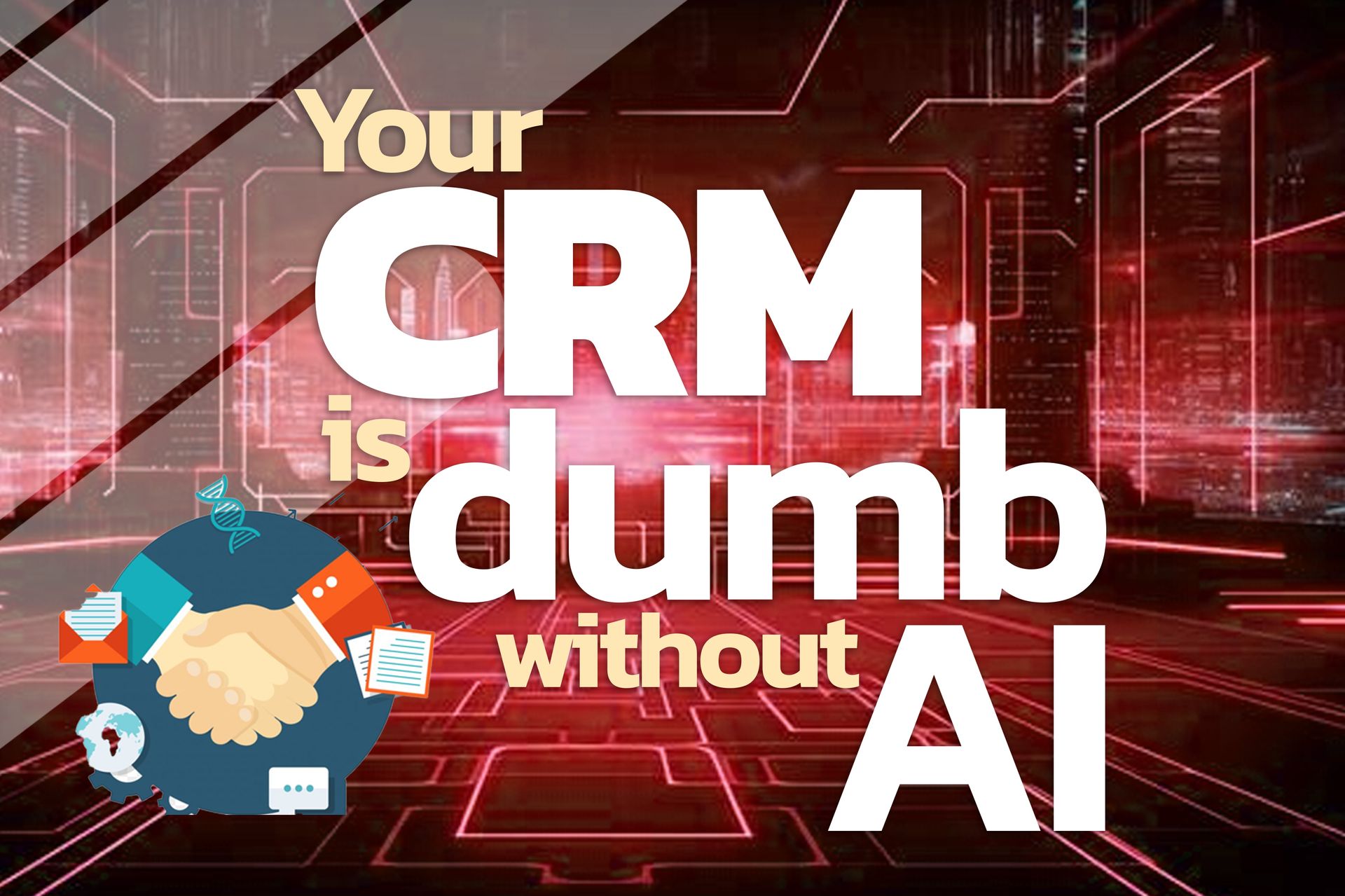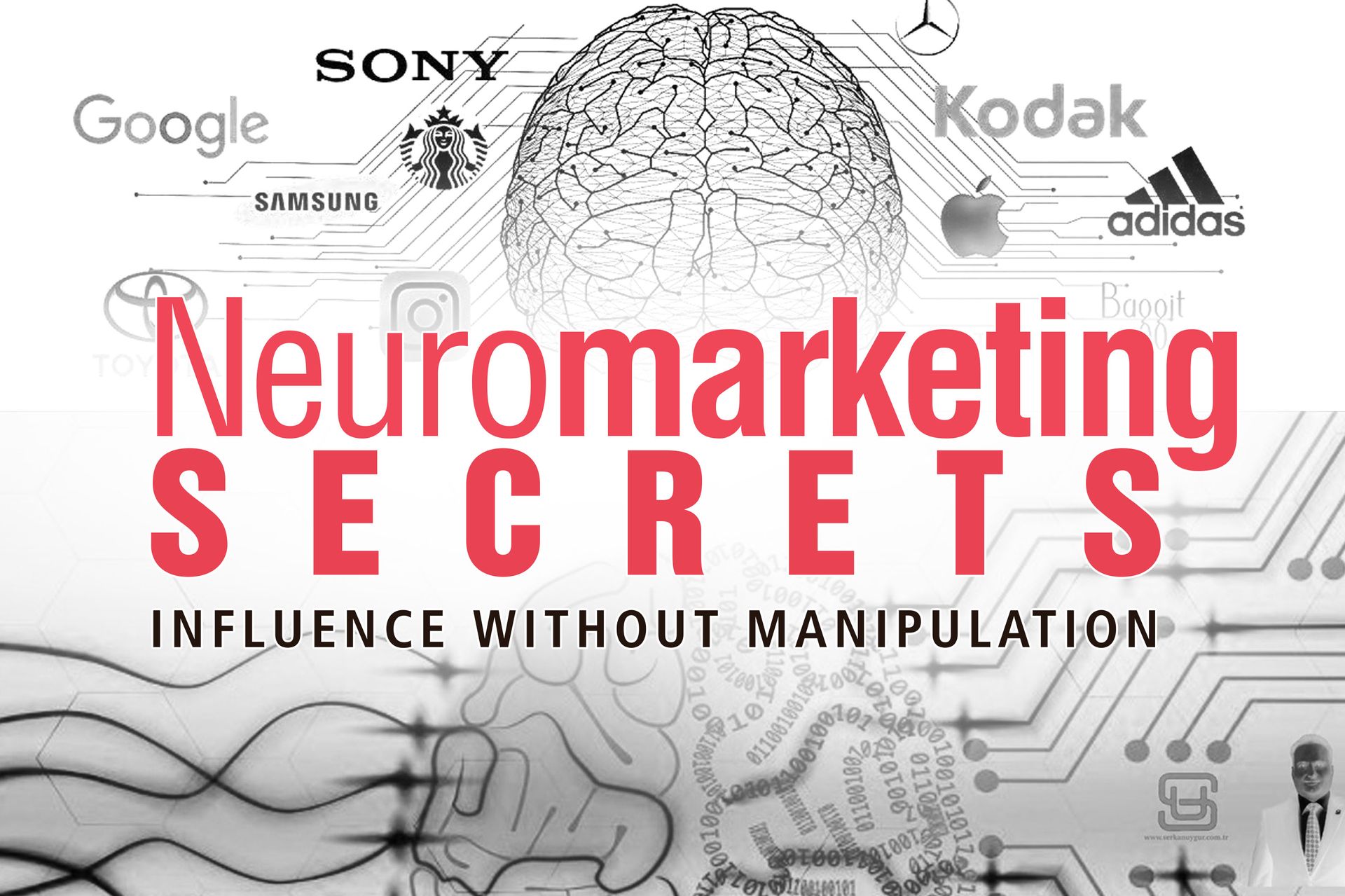Why Multi-Channel Marketing
Multi-Channel Marketing
Hey guys, on this video I want to talk to you about multi-channel marketing. What does it mean? Why would you do it? Why is it important? Stick with me. We're going to cover it and you're going to be able to do it.
Okay, so in today's video, we're going to talk about multi-channel marketing. For one, let's just define it. It sounds pretty obvious, but in today's world actually can get kind of involved and somewhat confusing. The premise is that multi-channel marketing means that you are sending your campaign messages on more than one media channel. So in the old days, that would sound like we're running an ad in the newspaper. We have a television commercial and we are running some radio ads. So those were the three pillars of marketing. Back in the day, they were like print TV and radio. Today, those three things still exist, of course, but we have digital marketing. And the thing that's a little confusing is that you could say, well, I have a print ad, a TV ad, a radio ad, and I have a digital marketing ad. But that doesn't really tell the full story, does it?
Because within digital advertising, and this is also somewhat true within print, right? Because in print you could have a magazine piece, you could have articles, you could have paid like a half page, quarter page, full page, and then you could also have newspaper versus magazine versus some other things. So in print kind of had a little bit of subc categorical stuff, but it is nowhere near the extent of what's going on in digital marketing in terms of subcategories. So within the vertical of digital marketing, there's another pile of channels that we need to pay attention to. So we have all of our social media accounts, and that could be just to rattle off the top ones there, like Facebook, Instagram, LinkedIn, TikTok, of course, the rising star. And then even within those, you've got kind of like, well, is it an organic post, an animated post?
Is it a really, is a store? Is it a six second, no skip ad on YouTube, or what's the first five seconds? Or is it a three second? No, skip 32nd long form. Is it retargeting or cold? So there's all these different things to think about within those channels. So that's just social media. Then you have YouTube or video advertising. YouTube's a great place to be, but video advertising also can happen in animals. Anywhere else on the web, you can buy video placement everywhere. Then you've got paid display. Then you've got PPC ads, pay-per-click ads, which is on Google search engine predominantly. So there's just a whole lot of channels within just the digital marketing pillar. Here's the thing that's a little interesting about that. So you go, oh, I want to be so, okay, do you want to do all 20? And here's the reason why most folks can do that.
It just becomes a money thing. I mean, a lot of these things you got to pay for, if not all of them, to do effectively. And a lot of times budgets are thin, so it is hard to do 'em all. The good news in today's world is that the barrier to entry for even small businesses is the lowest it's ever been to jump in and do really high level professional marketing on multichannel, if not omnichannel. Omnichannel is a pretty big word these days. It used to be the three things we started this conversation with, I'm going to, okay, that's cool. But now it's just so much that there really aren't many, even small mid-size businesses are doing it all because it's just so much. But that doesn't mean that you can't do the top three to five where your target customer's on. Now, that goes back to another video that I recently made and that I have also talked about in the past, which is figuring out your customer.
That'll tell you a lot about what channels they're on and where you need to meet and see them. Here's what I know from the front lines. One channel at a time pretty much doesn't work. Lightning strike stories about how I made a Facebook ad and I made a million dollars. It's like, okay, but for local businesses, that's usually not the case. They got to work harder to indoctrinate influence their customers over some buying time period cycle, sometimes a week, sometimes a month, sometimes longer than that, two to three months. It's not as simple as like, I'm going to put an ad on one thing and that's going to change my business. It's not a mature way to look at things, and frankly, it's just fairly naive. And if you're doing that and you're getting frustrating, hopefully this video is helping you understanding why. Because there's just so many places that people can jump to when they're consuming media or they're interacting with media in general, whether it be radio, television, digital assets, and all those that are within that envelope.
And then where they are can change in a fraction of a second. So you start having to meet them. Now, the sort of golden pill, if there's any with all of this is retargeting technology because it's pretty easy to say, okay, I'm going to be on cold traffic on three channels. That's all I can afford to do. But there's little excuses not to set up retargeting everywhere because all you're doing is chasing warm leads. So why wouldn't you want to chase 'em anywhere you can, right? That's much more affordable because you're not really taking any chances with the campaign. You're sort of just staying top of mind with your existing prospects or traffic that are coming in from whatever. And that could even be referral traffic analog. Like I went to a convention and gave a speech type traffic. There could be anything that gets wound up into retargeting tracking.
So there's really no excuses on that one. So if you're going to start from nowhere, start with setting up all the retargeting you can possibly set up and put, even if it's just 50 in each little bucket, at least you have that and then start focusing on your cold campaign. So that's what it means. Omni-channel or omni multi-channel marketing is making sure that you have campaigns running everywhere. So as your prospects move from media source to media, sports to time spent on one thing online versus time spent, another thing online that you're going to kind of be there with them the whole time. Retargeting, as I've said in the past, is really the basis of any good paid advertising campaign is making sure that you're staying with those leads as they come in. Giving up on somebody on the first click is just no way to make money at all, and then you pay so much to get them there.
You maybe it's six, $7 to get them there, and it is like you're not going to stick with, they got distracted because the doorbell rang is just nuts. So you got to do that part first. That gives you a chance of being everywhere, at least to scoop up any potential buyers. And then you got to decide on cold traffic, what your budget is. So hopefully that clarifies that kind of monster topic. It doesn't make it less confusing, but at least the lay of the land, you can make some intelligent decisions. Go ahead and knock 'em dead out there like the video for me. Appreciate that and subscribe because I would love to see you the next one.









